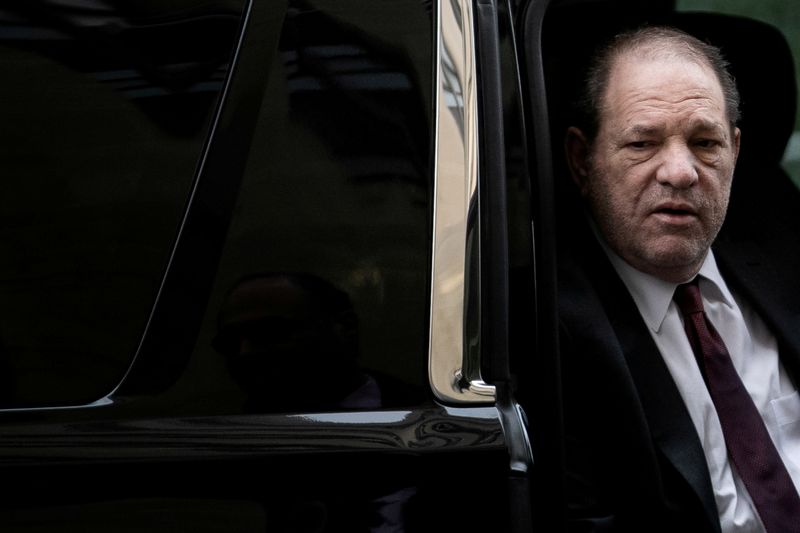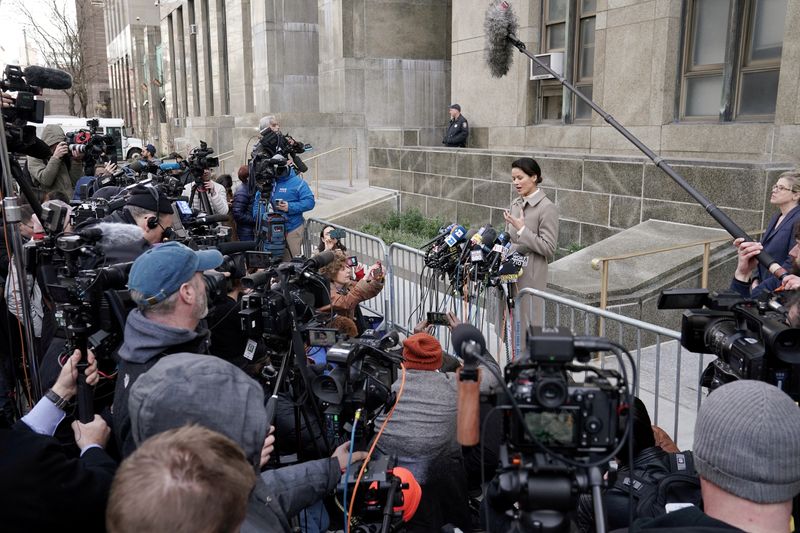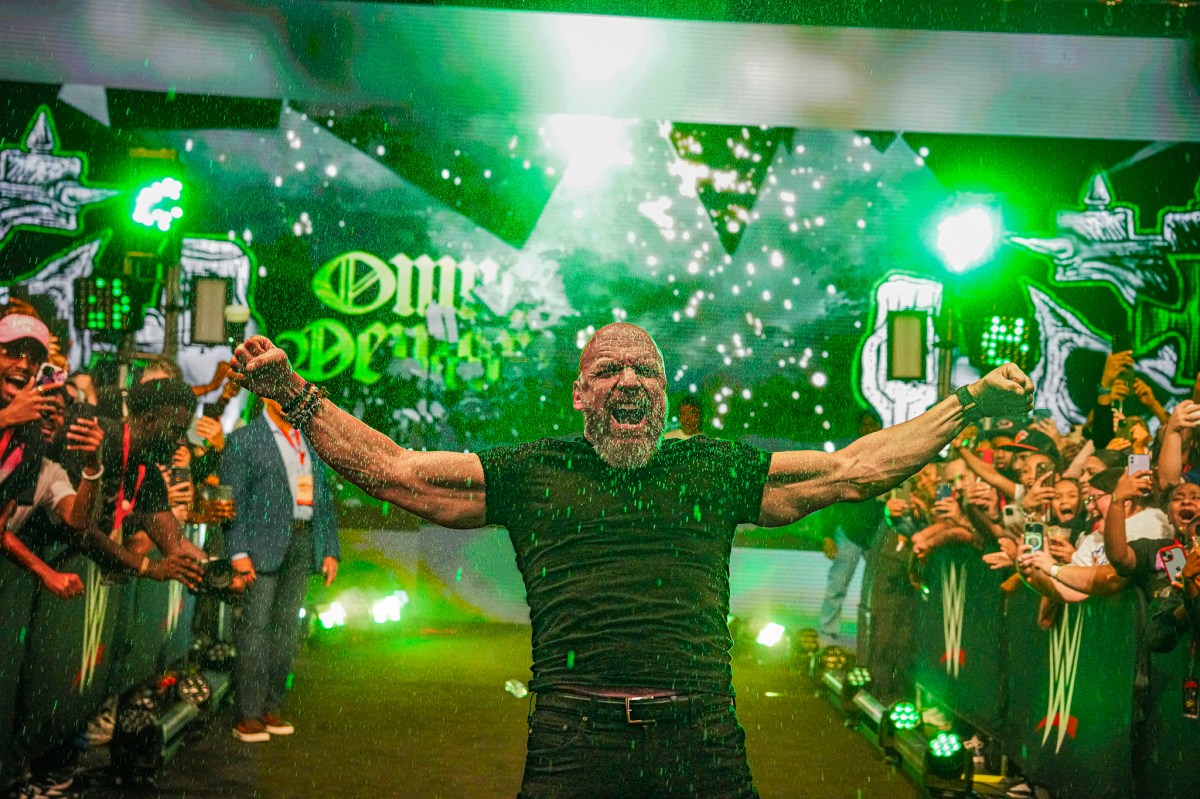NEW YORK (Reuters) – A U.S. judge on Tuesday rejected a proposed $18.9 million civil settlement for women who claimed they were subjected to sexual abuse and workplace harassment by the disgraced movie producer Harvey Weinstein.
U.S. District Judge Alvin Hellerstein in Manhattan said the preliminary settlement would be unfair to women who Weinstein raped or sexually abused, because it treated them no different from women who had merely met him.
He also criticized a plan to set aside money to help Weinstein and the board of his former studio pay defense costs.
“The idea that Harvey Weinstein could get a defense fund ahead of the plaintiffs is obnoxious,” Hellerstein said at a hearing.
A settlement would have resolved class-action litigation by Weinstein accusers, and New York Attorney General Letitia James’ lawsuit accusing Weinstein, his brother Bob Weinstein and their bankrupt Weinstein Co of maintaining a hostile work environment.
Elizabeth Fegan, a lawyer representing nine Weinstein accusers, had argued that “all of the women were in the zone of danger” created by Weinstein, justifying class-action treatment.
Lawyers for the settling plaintiffs and for Weinstein did not immediately respond to requests for comment. A lawyer for Weinstein Co declined to comment.
James’ office will review the decision. “Our office has been fighting tirelessly to provide these brave women with the justice they are owed and will continue,” a spokeswoman said.
The settlement drew objections from women who said it would leave Weinstein’s victims with typical awards of just $10,000 to $20,000, while setting aside $15.2 million for defense costs.
Douglas Wigdor, a lawyer representing six objectors, said he was pleased Hellerstein “swiftly rejected the one-sided proposal.”
Weinstein, 68, is appealing his Feb. 24 conviction and 23-year prison term for sexually assaulting a former production assistant and raping a onetime aspiring actress. He still faces separate rape and sexual assault charges in Los Angeles.
(Reporting by Jonathan Stempel in New York; Editing by Marguerita Choy)

























